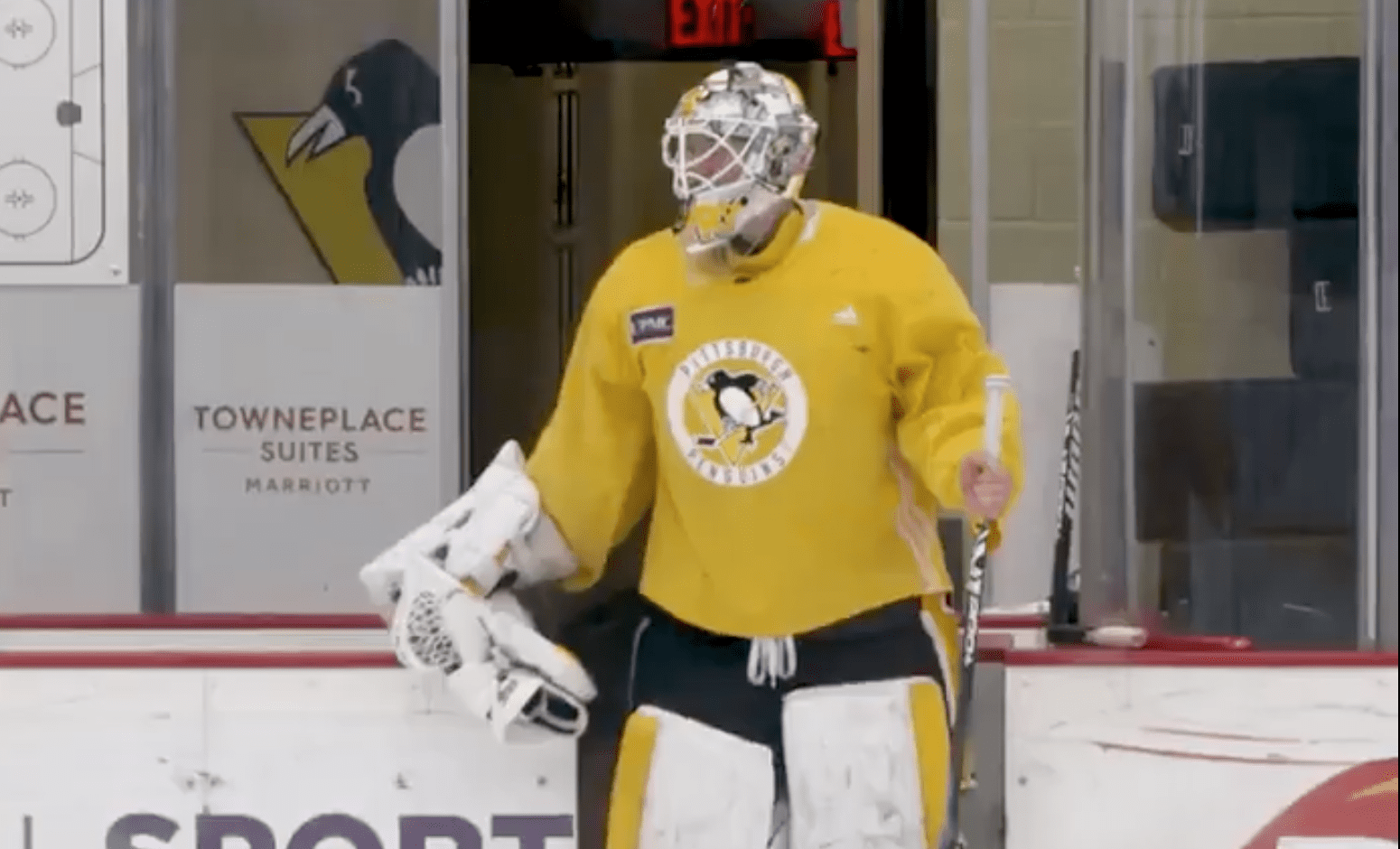Penguins
3 Things My Dad Wants to Know: Why Did NHL Push for Canadian City?

So it’s come to this. After nearly four months and over 300 stories without hockey games, and still a month away from the actual games, PHN is in a dead spot with new ideas. Our Qualifying Round breakdown and video analysis homework have begun, but we’ll publish those stories in July. As families have begun to gather again, my father had some hockey questions about the NHL and the Pittsburgh Penguins. Since he reads PHN with his morning coffee every day, here ya go, Pops.
Q1: Why did is the NHL insist that one NHL hub city be in Canada instead of choosing Pittsburgh?
Settle in, because this is a multi-tiered answer with some nuance and context. In short, two countries comprise the league; the United States and Canada contain the league, provide the revenues, and a vast majority of the players. Most players are Canadian. That’s the obvious part.
But why push for a Canadian city to be a hub?
First, Canada has lower infection rates than the U.S. The Alberta, and British Columbia provinces had similar infection rates to Allegheny County, but with far more people (we’ll save the charged discussion of the incline positive tests vs. decline of hospitalizations for another day).
Second, the Canadian bids (Toronto, Edmonton, Vancouver) were able to offer extraordinary amenities, which only Las Vegas could match. The Canadian proposals include Olympic village-style quarantine bubbles with access to golf, restaurants, and movies.
Third, and perhaps as important as anything else, Canada provides two-thirds of the NHL TV revenues. The seven Canadian franchises, excluding Ottawa, are the most well-attended games and some of the most-watched broadcasts, and Sportsnet pays enormous bundles of cash for the NHL rights.
NBC Sports paid $2 billion for a 10-year contract in 2011. Not bad, eh? Just two years later, Rogers (Sportsnet’s parent company) paid $5.2 billion for a 12-year deal.
In other words, the NHL rights are worth about 150% more in Canada. So, if the NHL rights holders in Canada feel its essential for Canadian games, you’d better believe their $5.2 billion speaks loudly.
You don’t think the NFL would ignore their biggest broadcast partner, do you? Nor would the NHL.
Q2: Who was the Penguins player with COVID-19?
Nope. Sorry. We had some intel before we called off the search. We don’t want the story, nor will PHN report it until the player or players decide to share their story.
I know many Pittsburgh Penguins fans wanted to know the identity not out of prying or being “nebby” but because they care. I’d like to see the team, and the league be more forthcoming about all cases. Talk. Remove the stigma and concern of fans. But, this is also the NHL. A player with a broken foot will try to come back into the game, and the team will term it day-to-day with a lower body injury.
So, we’re not making any more queries into the situation. That’s private info.
Q3: Ok, fine. How many Penguins are in camp?
Penguins head coach Mike Sullivan was made available to a few outlets on the first day of NHL Phase 2 voluntary camps. He said more than half of the team was there.
We’ve poured over released videos and done some digging. Player’s social media has helped, too.
This week, the entire team should be present. The NHL urged players from all corners to report on June 22 to ensure players adhere to testing and quarantine rules as not to delay the start of Phase 3 training camps on July 10.
We can’t be sure, but Pittsburgh Penguins defenseman Juuso Riikola is the only player who posted social media photos this week, which showed him not in Pittsburgh. Prospect Sam Poulin, who will attend Phase 3 training camp, also posted a picture with his Billet brother, which didn’t appear to be taken locally.
We also haven’t been able to spot regulars Zach Aston-Reese, Patric Hornqvist, Patrick Marleau, or Justin Schultz. To be clear, just because we haven’t spotted them in team released video doesn’t mean they aren’t there.
There ya go, Pops.












